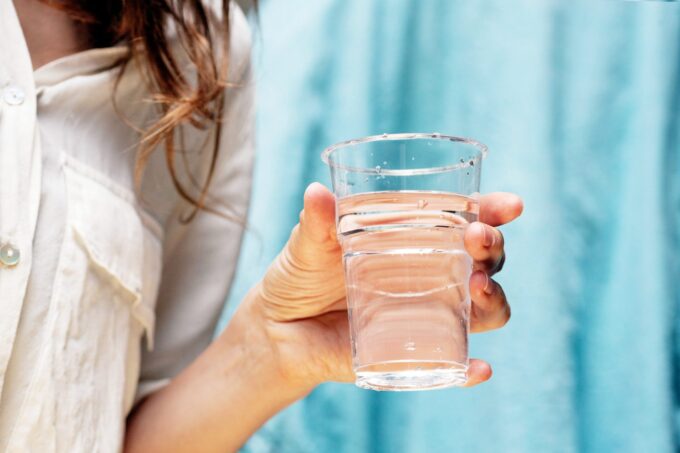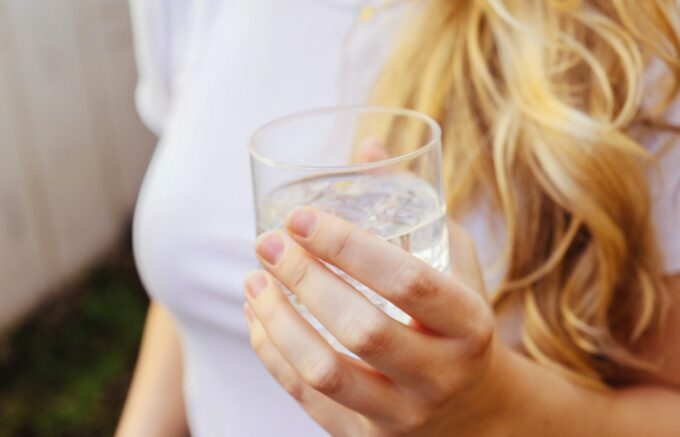Each person has two kidneys. A lot of people live with some kind of kidney disease without even knowing it while attributing the symptoms themselves to some other condition. But, also some patients have almost no symptoms until the late stage when the kidneys begin to fail. The function of the kidneys is to filter the blood from the body’s waste products and to control the balance of fluids and electrolytes in the body. All the blood in the body passes through the kidneys several times a day. By passing the blood through the kidneys, the waste is removed, and salt, water, and minerals adapt to the needs of the organism.
Experts warn that most people who suffer from kidney disease are not aware of it at all and that they very often feel the symptoms only when the kidney function is reduced to 10%. This is because kidney disease usually has no symptoms until the problem worsens to the point that these vital organs are no longer able to perform their function.
In any case, if you feel any of the symptoms, you should not ignore them.
What are the symptoms?

Source: elconsolto.com
Dry, itchy skin can be the first indication that something is wrong with the kidneys, as it indicates a disturbance of the balance between nutrients and minerals in the blood.
Fatigue can indicate many diseases, but also kidney disease because they are responsible for the production of hormones that stimulate the production of sufficient amounts of red blood cells, whose task is to carry oxygen throughout the body.
Insomnia, or difficulty sleeping, is another sign that something is wrong, and swollen feet and joints may occur. This usually occurs in people who ingest large amounts of sodium or salt. There are many other symptoms such as poor appetite, muscle cramps, bags around the eyes, difficulty controlling hypertension, the need to urinate more often, and so on.
Also, people who already suffer from diseases such as diabetes or high blood pressure have a predisposition to get some kidney diseases, and it is necessary to seek medical advice.
What if I turn out to have some kind of kidney disease?
If the doctor confirms that it is a kidney disease, it is up to you to do everything in your power to change it or at least prevent further deterioration of the condition. You have probably already heard that there are various teas that are recommended for better kidney function, as well as that it is recommended to drink as much fluid (water) as possible. But there is one problem, and that is the hardness of the water. In some places, the water is so hard that it causes sand or stones to form in the kidney, which can be very painful.
Can I drink distilled water?

Source: impacx.io
Lately, it can often be heard that distilled water is a lifeline for the kidneys. Is that really so?
Distilled water is actually water that is much cleaner, but because of that, its chemical composition is different – it is poor in minerals compared to the water in the country. Distilled water can be bought in any pharmacy, but it can also be made at home. There is also a device for distilling water at home – a home distiller. Read more at aquapap.com. Its use and production are very wide and are applied both in the household and in pharmacy, while there are various opinions on whether it should be used for drinking or not, and on how it affects health.
Many doctors describe such water as the only kind that can be taken into the body without any danger because it cannot cause tissue damage. The reason is that it does not contain inorganic minerals that our body fails to digest, and is considered ideal for the human body. It can also be consumed preventive. Scientists believe that this water acts as a solvent in the human body, and helps remove pollutants from the body’s cells.
What are the benefits of consuming it?
The first thing you will notice with regular use of distilled water is the regulation of blood pressure. In addition, the headaches will disappear because your body gets more oxygen. It will also reduce pain related to arthritis, cholesterol, and triglycerides in the blood, which is considered the most commonly elevated parameter.
Consumption

Source: unsplash.com
It is known that the human body needs 2 liters of water a day. In order for distilled water to be able to put enough pressure on the bloodstream and internal organs and expel harmful substances and waste from them, the same amount is needed. You do not have to drink water at once, but it is important to do it during the day, but it is recommended at least an hour and a half at a time because it is an amount considered sufficient to put enough pressure on the stomach, kidneys, and bloodstream.
How to make distilled water?
Distilled water is very easy to make and there is a very old method for this. It does not require any special materials for distilling water at home. When you remove minerals and harmful chemicals from the water, you actually get distilled water. People make distilled water for a variety of purposes, including drinking, watering plants, filling humidifiers, steaming irons, and even fish tanks and aquariums. However, since you need a stainless-steel pot, an iron sieve, a deeper glass bowl, a slightly deeper pot lid, as well as sterilized bottles for this process, many prefer to buy ready-made.
Final thoughts
Distilled water is recommended for infants, precisely because waste and minerals that their small bodies cannot process are eliminated. In addition to babies, distilled water is perfect for people who have kidney problems in the form of frequent accumulation of sand or the appearance of kidney stones. This sand and stones are actually precipitated minerals that are most often collected from water in the kidneys, which does not make it particularly suitable for use.







